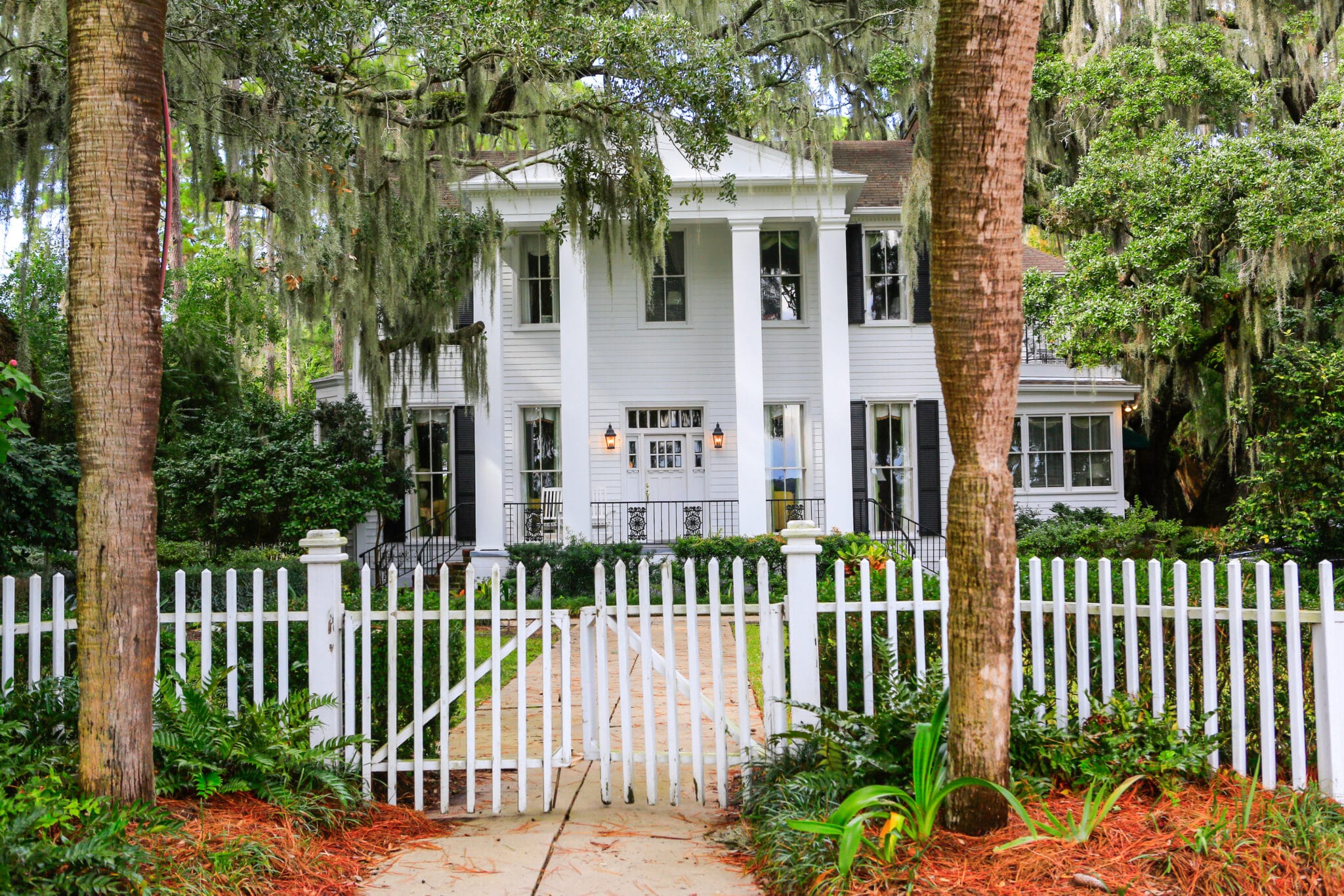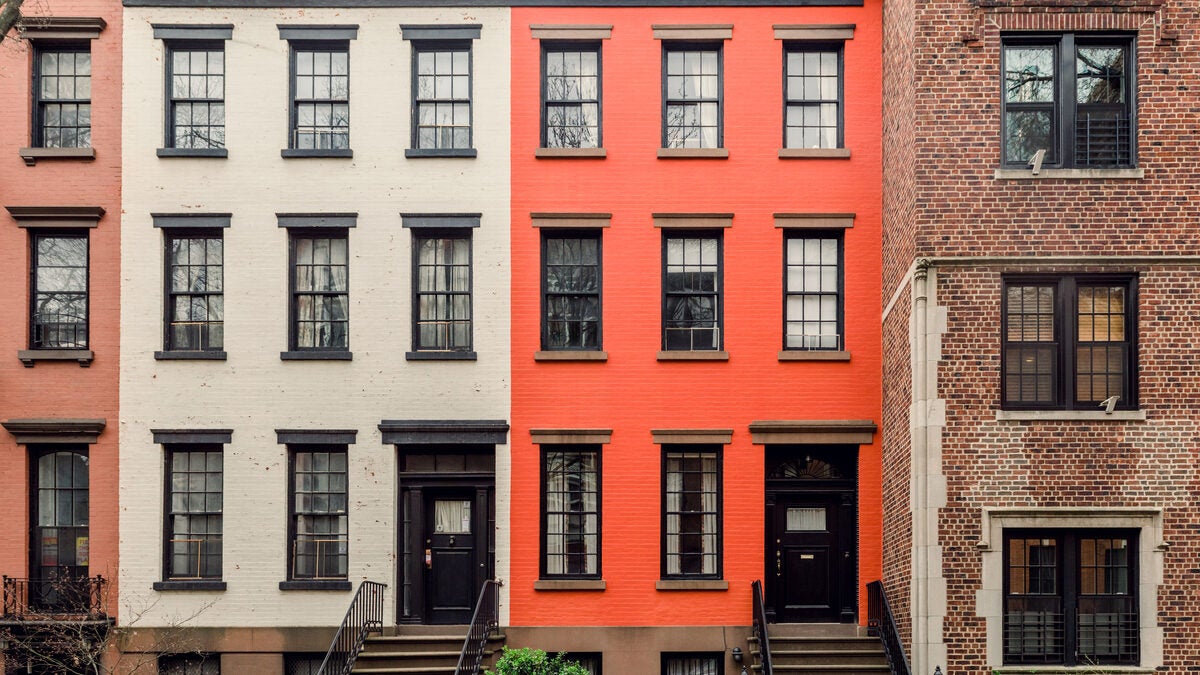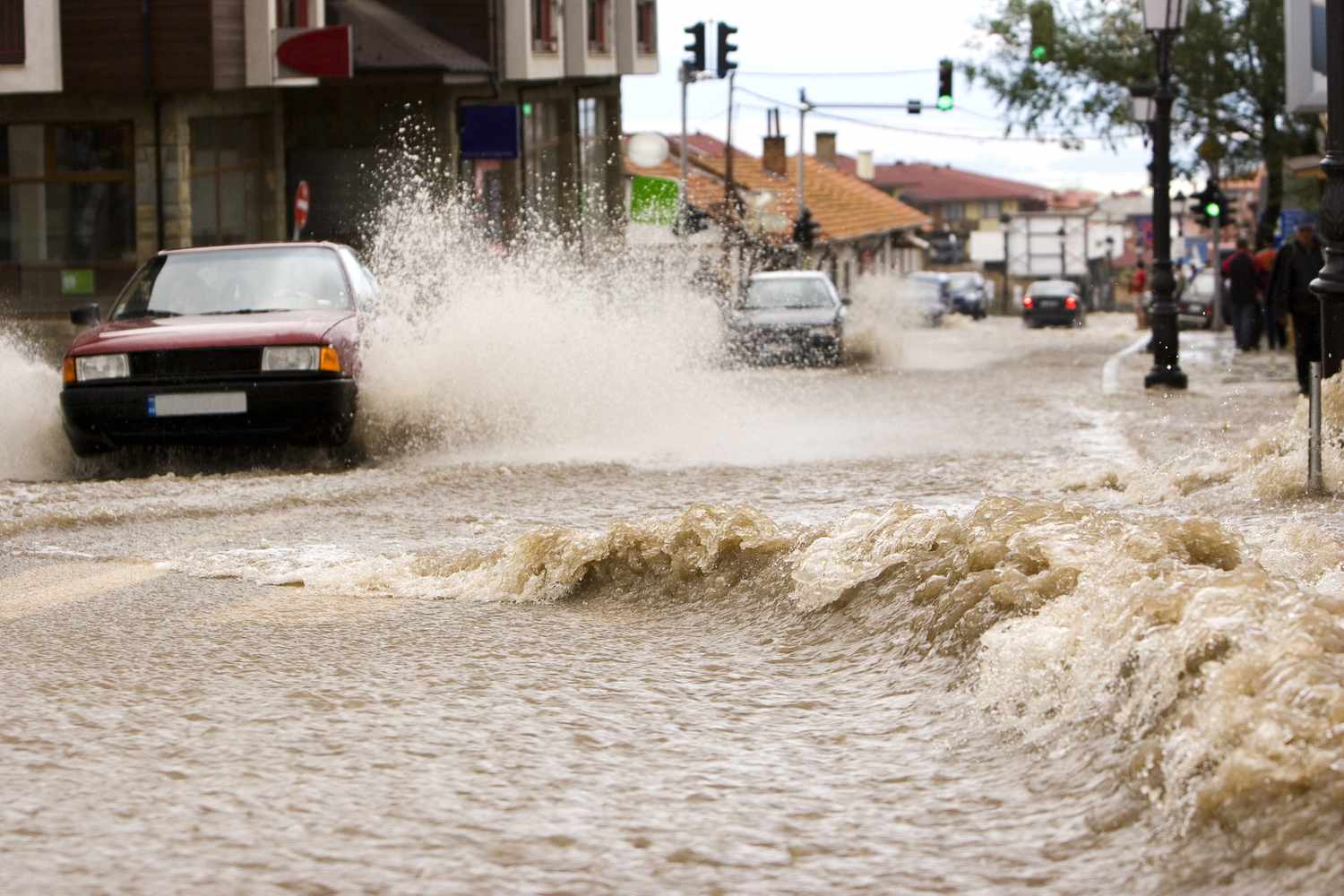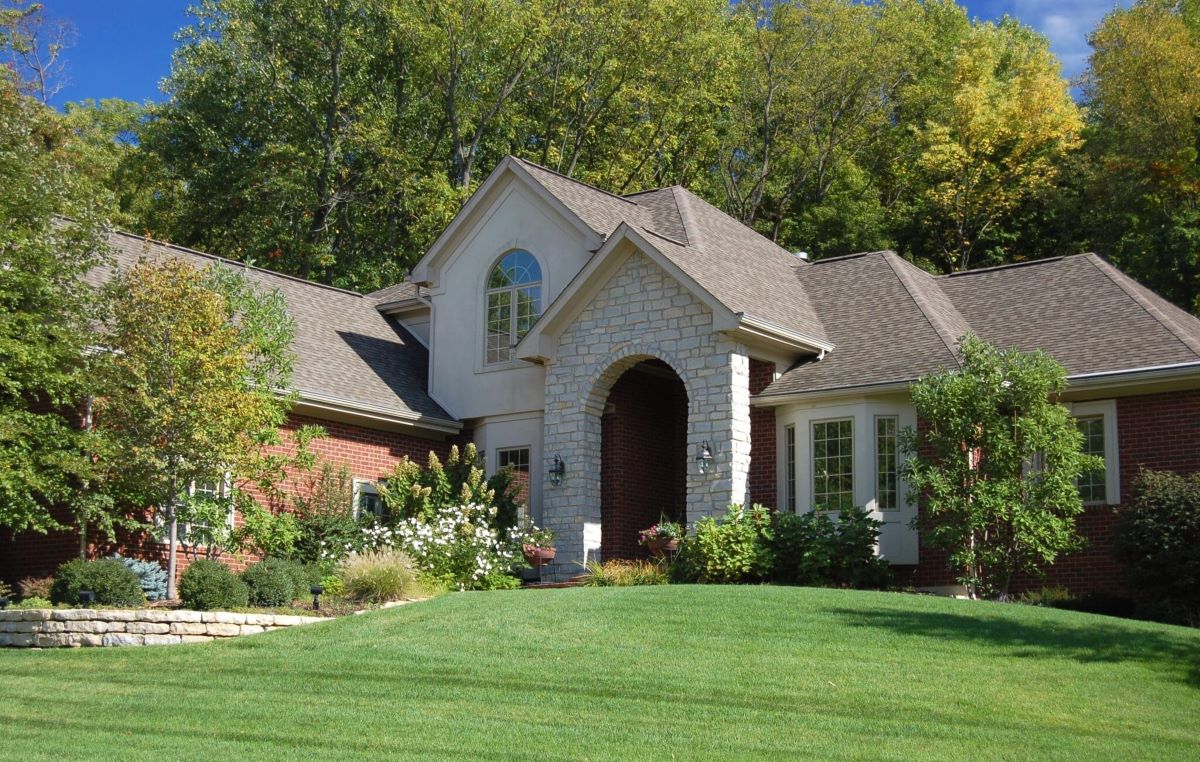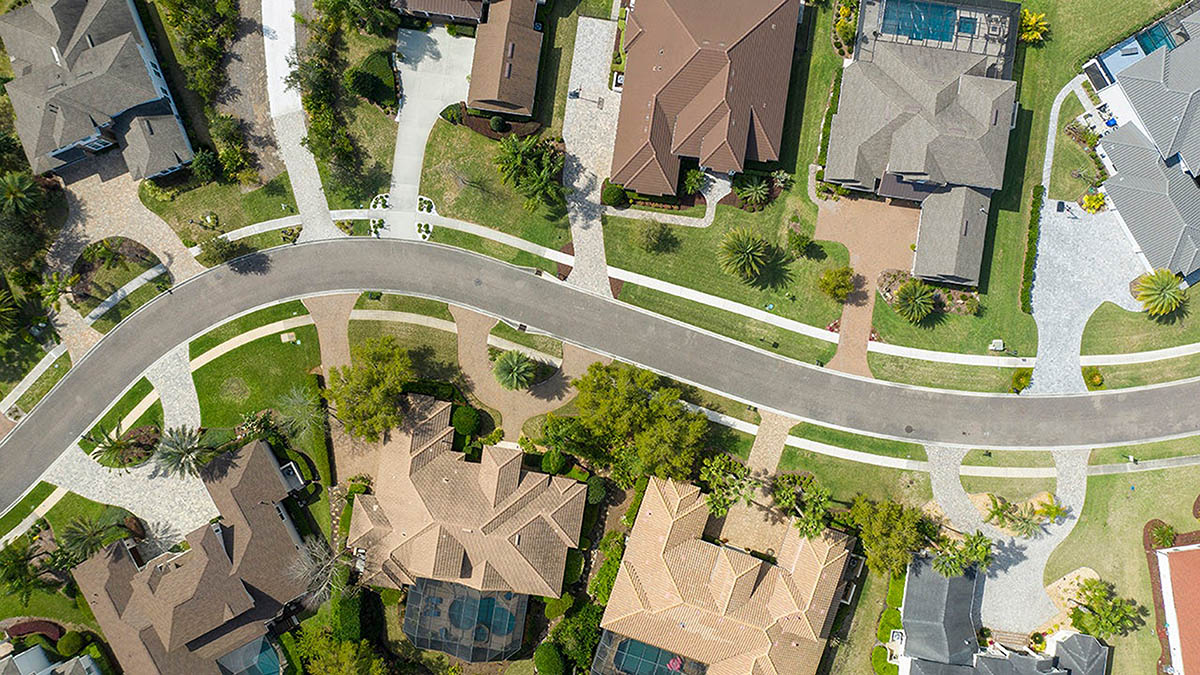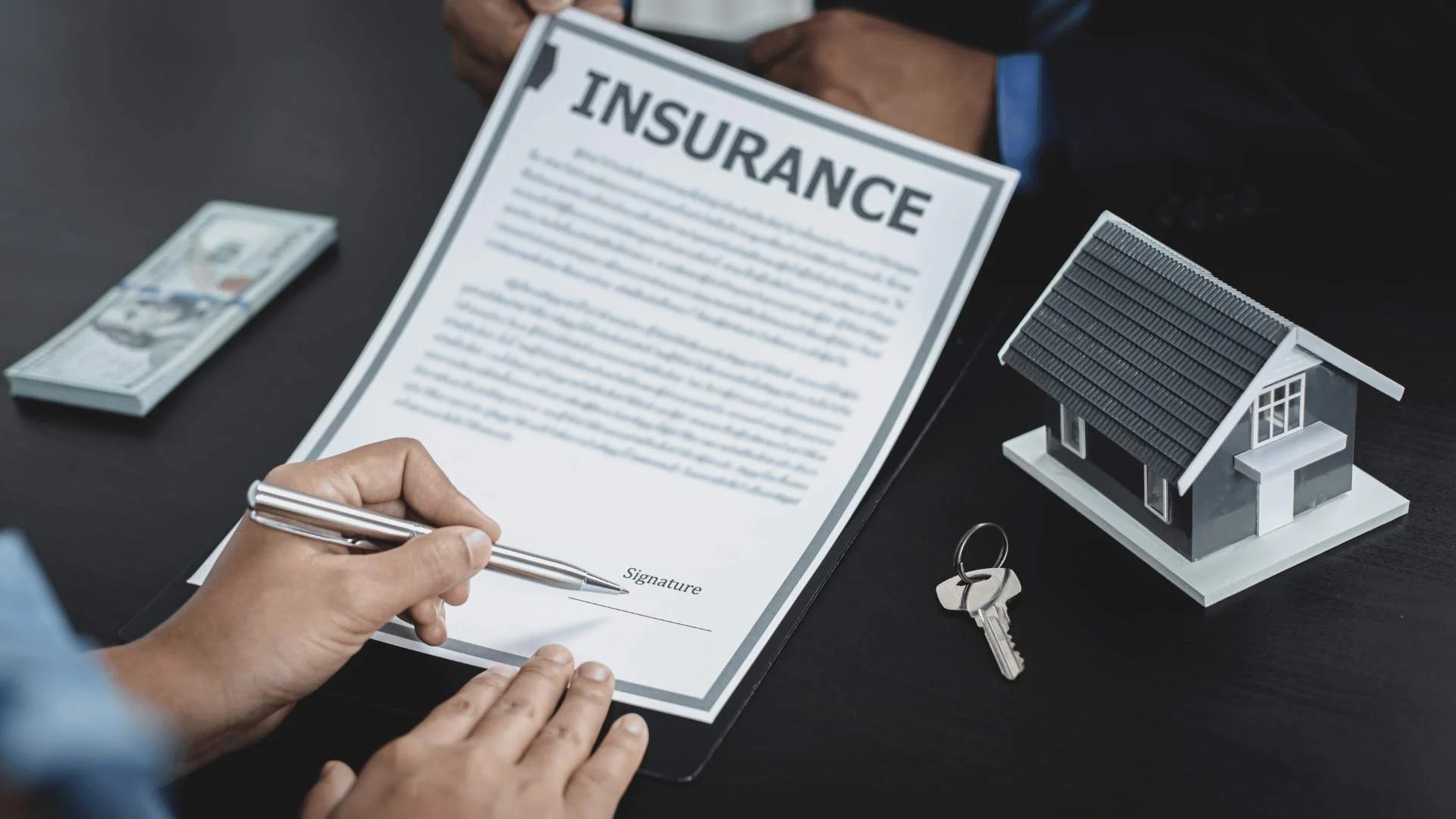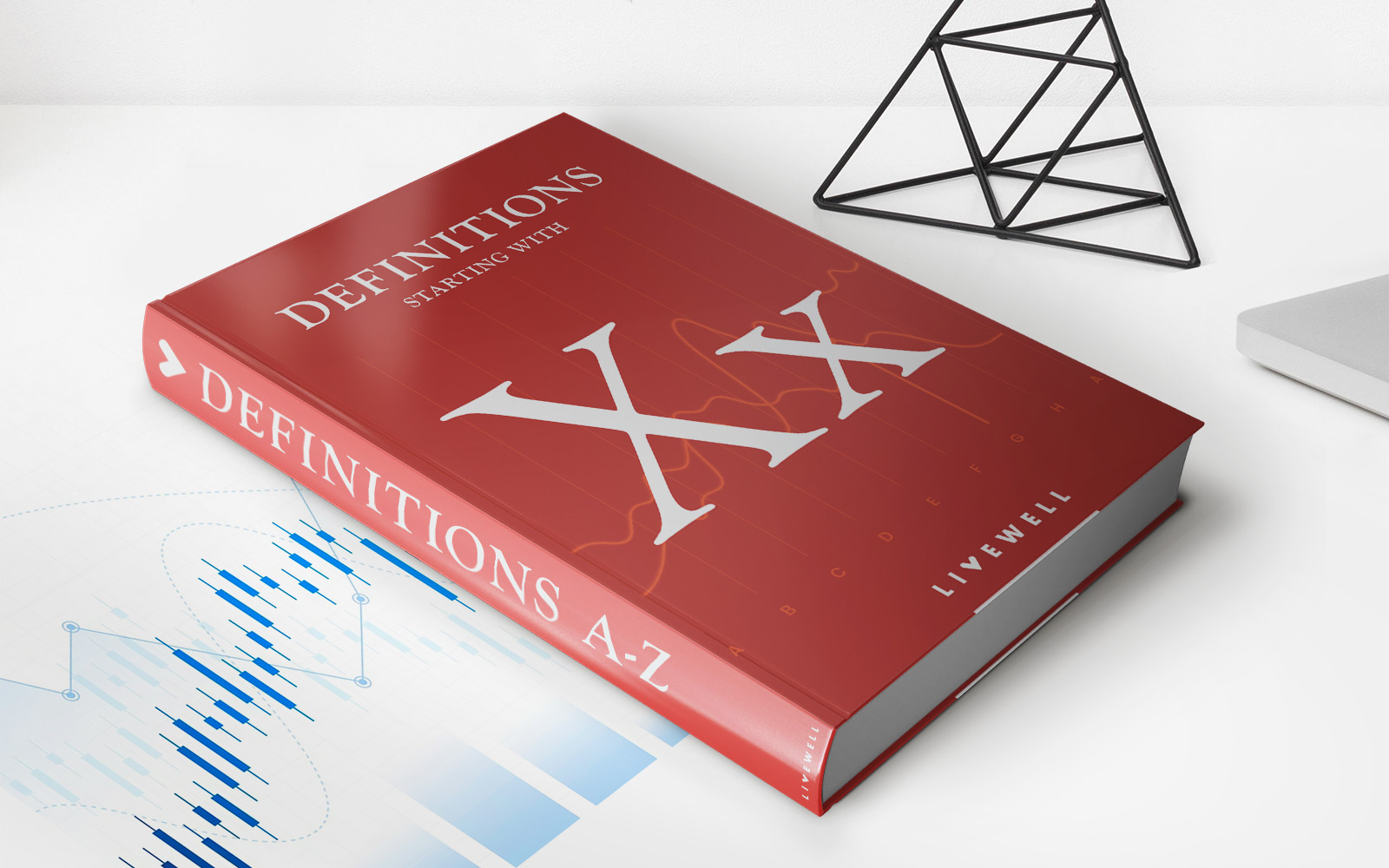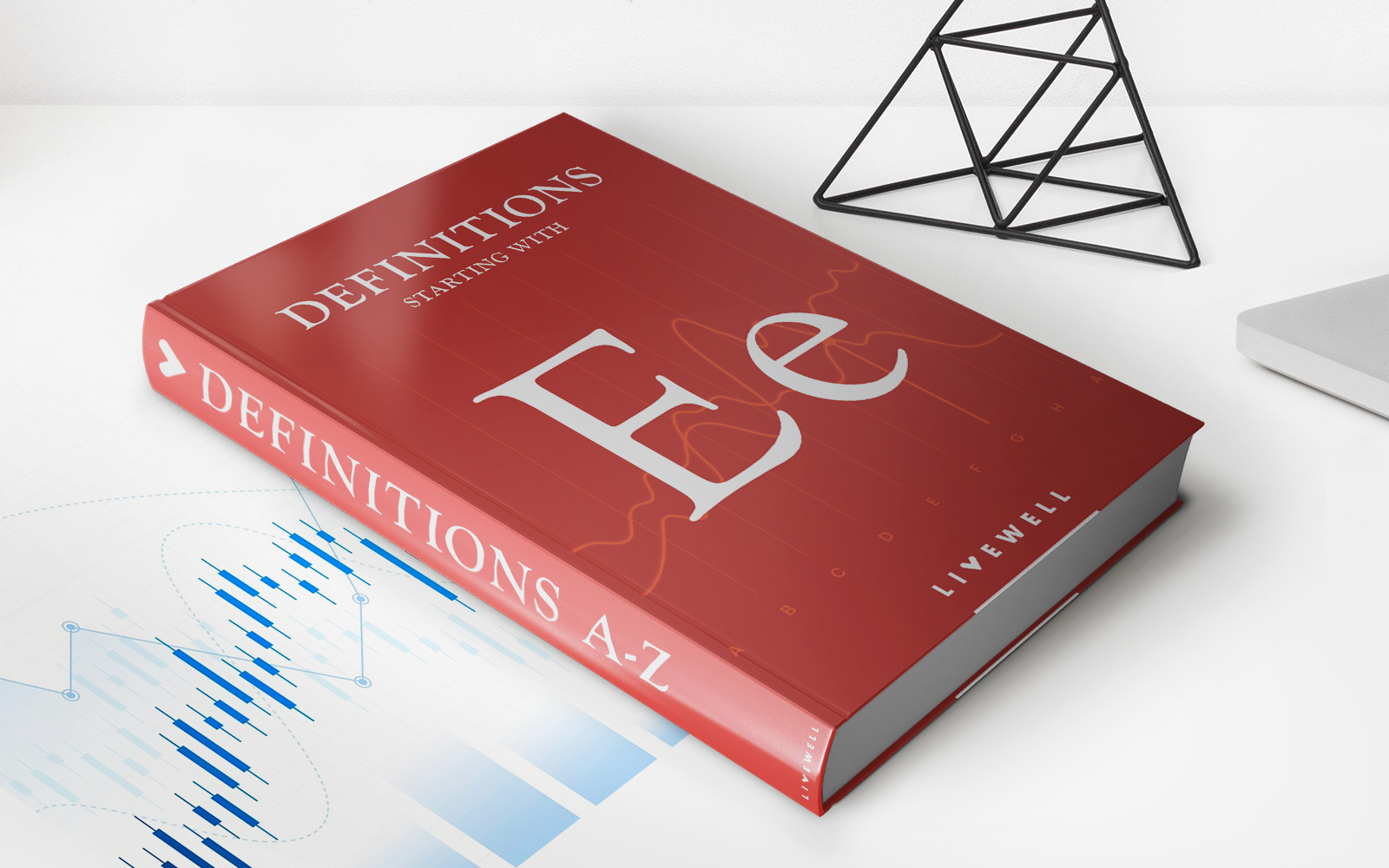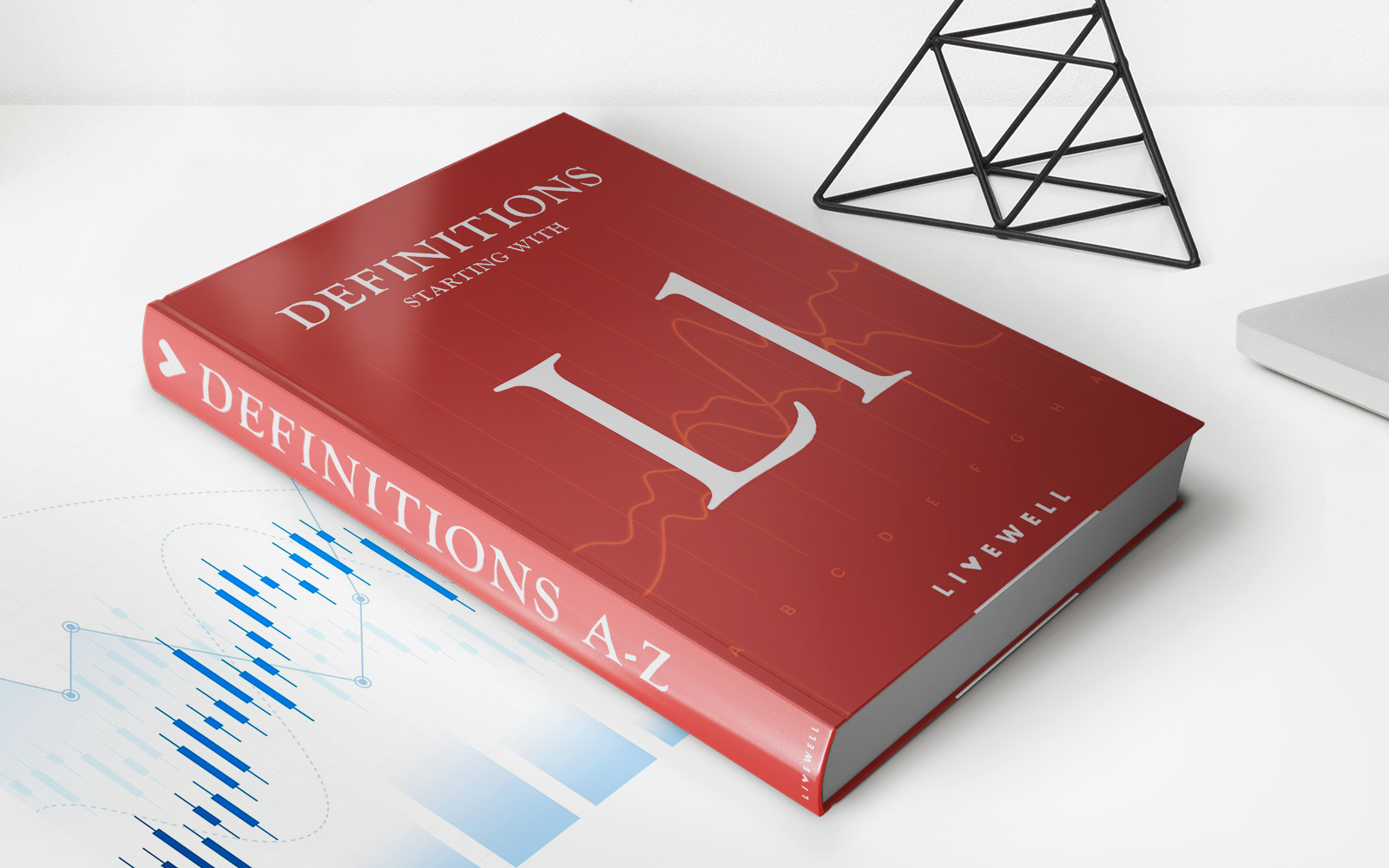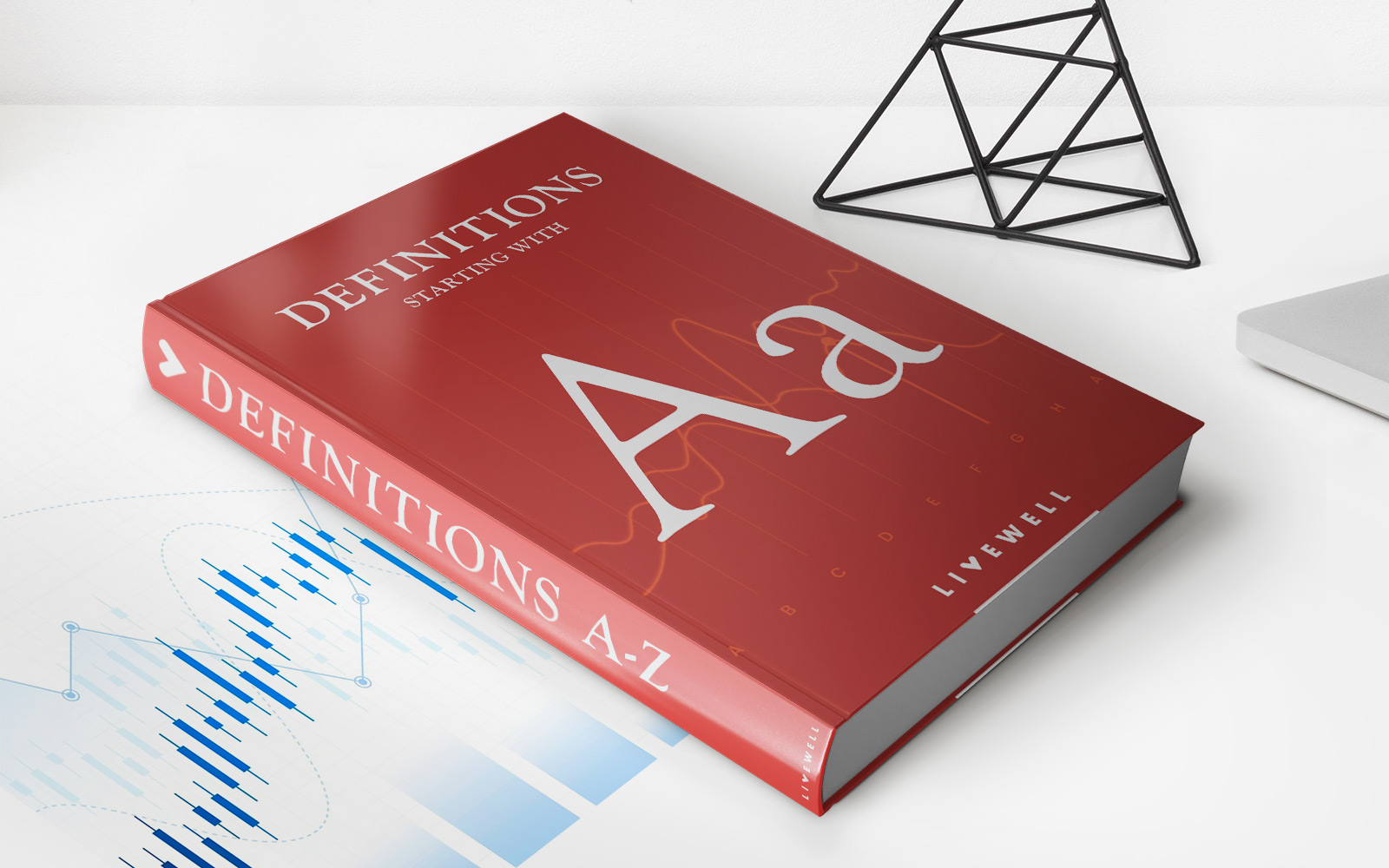

Finance
How Much Is Homeowners Insurance In Virginia?
Published: November 9, 2023
Find out how much homeowners insurance costs in Virginia and get the best financial protection for your home.
(Many of the links in this article redirect to a specific reviewed product. Your purchase of these products through affiliate links helps to generate commission for LiveWell, at no extra cost. Learn more)
Table of Contents
Introduction
When it comes to protecting your most valuable asset, your home, homeowners insurance is a must-have. In the beautiful state of Virginia, homeowners insurance is essential to safeguard your property against unforeseen events such as fires, theft, or natural disasters. This insurance coverage provides financial protection and peace of mind, allowing you to focus on creating a safe and comfortable environment for you and your family.
Homeowners insurance rates can vary depending on several factors. To determine the cost of your insurance premiums, insurance providers take into account factors such as the age and condition of your home, the value of your belongings, the location of your property, and your claims history. It is important to understand these factors and how they can impact the cost of your policy.
In this article, we will explore the ins and outs of homeowners insurance in Virginia. We’ll cover the factors that affect insurance rates, provide an overview of the average cost of homeowners insurance in Virginia, and offer tips on how you can find the best homeowners insurance for your needs. So, let’s dive in and learn more about protecting your home in the great state of Virginia!
Factors that Affect Homeowners Insurance Rates in Virginia
Several key factors influence the cost of homeowners insurance in Virginia. Understanding these factors can help you better navigate the insurance market and find the most suitable coverage for your needs. Here are some of the primary factors that affect homeowners insurance rates in Virginia:
- Location: The location of your property plays a significant role in determining your insurance rates. If your home is located in an area prone to natural disasters, such as hurricanes or floods, your premiums may be higher. Additionally, the proximity to fire stations and the crime rate in your area can also impact the cost of coverage.
- Dwelling Cost: The value of your home and the cost to rebuild it are essential factors that insurers consider. A more valuable home will generally have higher insurance rates since the potential risk and cost to replace or repair the property are greater.
- Age and Condition of Home: Older homes may have higher insurance rates due to their potential vulnerabilities and outdated systems. In contrast, newer homes with modern construction and safety features may be eligible for discounts on insurance premiums.
- Claim History: Your claims history can impact your homeowners insurance rates. If you have a history of frequent claims or severe damage, insurance providers may view you as a higher risk and increase your premiums accordingly.
- Deductible Amount: The deductible is the amount you agree to pay out of pocket before your insurance coverage kicks in. Opting for a higher deductible can lower your insurance premiums, but it’s important to ensure you can comfortably afford the deductible in the event of a claim.
It’s important to note that each insurance provider may weigh these factors differently, resulting in varying insurance rates. Therefore, it’s wise to compare quotes from multiple insurance companies to find the best coverage at the most competitive price.
Average Cost of Homeowners Insurance in Virginia
The average cost of homeowners insurance in Virginia can vary based on several factors, including the location, size, and age of your home, as well as the level of coverage you choose. According to recent data, the average annual premium for homeowners insurance in Virginia is around $1,000 to $1,200.
It’s important to note that this is just an average, and your actual premium may differ based on your specific circumstances. Certain areas in Virginia may have higher insurance rates due to increased risks, such as coastal regions that are more prone to hurricanes or areas with higher property crime rates.
The value of your home will also impact the cost of your insurance. The replacement cost of your dwelling, which is the amount it would take to rebuild your home if it were destroyed, is a crucial factor. Generally, the higher the value of your home, the higher your insurance premium will be.
The level of coverage you choose will also influence the cost. The standard homeowners insurance policy, known as an HO-3 policy, provides coverage for the structure of your home, your personal belongings, and liability protection. However, you can customize your policy by adding additional coverage options, such as flood insurance or additional coverage for high-value items like jewelry or artwork. These additions will increase your premium.
It’s worth mentioning that insurance companies offer various discounts that can help lower your premium. Common discounts include bundling your homeowners insurance with other policies like auto insurance, installing security systems or fire alarms in your home, or having a claim-free history. Make sure to inquire about any discounts you may qualify for when getting quotes from insurance providers.
Remember that these figures are averages, and the cost of homeowners insurance can vary significantly based on individual factors. It’s recommended to obtain personalized quotes from multiple insurance companies to find the best coverage at the most competitive price for your specific needs.
Finding the Best Homeowners Insurance in Virginia
Searching for the best homeowners insurance in Virginia can seem like a daunting task, given the multitude of options available. However, with a bit of research and careful consideration, you can find the right coverage that suits your needs and provides peace of mind. Here are some tips to help you in your search:
- Assess Your Needs: Take stock of your insurance requirements by evaluating the value of your property, belongings, and any additional coverage you may need. Consider factors such as your home’s location and any unique risks associated with it. This will help you determine the level of coverage needed and specific policy features to look for.
- Shop Around: Obtain quotes from multiple insurance providers to compare rates, coverage options, and discounts. You can request quotes online or reach out to insurance agents directly. Take the time to review and compare the details of each policy to ensure you’re getting the best value for your money.
- Check Financial Stability: Assess the financial stability and reputation of insurance companies before making a decision. Look for established insurance providers with a strong financial rating from reputable agencies. This ensures that the company will be able to fulfill its obligations in the event of a claim.
- Read Reviews and Seek Recommendations: Take advantage of online resources and customer reviews to gauge customer satisfaction and experiences with different insurance companies. Additionally, seek recommendations from friends, family, or local homeowner associations for reputable insurance providers they have had positive experiences with.
- Review Policy Coverage: Carefully review the coverage options and limitations of each policy. Ensure that the policy includes the necessary coverage for your home, personal belongings, and liability protection. Consider any additional coverage options, such as flood insurance or umbrella policies, if needed.
- Consider Deductibles: Evaluate the deductible options offered by insurance providers. A higher deductible can help lower your premium but be sure to choose a deductible amount that you can comfortably afford in the event of a claim.
- Ask About Discounts: Inquire about available discounts that can help reduce your premium. Common discounts include bundling your homeowners insurance with other policies, installing security systems or fire alarms, or having a good claims history.
By following these tips and conducting thorough research, you’ll be well-equipped to find the best homeowners insurance in Virginia that provides the right coverage for your home and offers financial protection in case of unforeseen events.
Tips for Lowering Homeowners Insurance Premiums
Homeowners insurance is a valuable investment for protecting your property, but that doesn’t mean you have to break the bank to afford it. Here are some useful tips to help lower your homeowners insurance premiums:
- Shop Around for the Best Rates: Obtain quotes from multiple insurance providers to compare rates. Different companies may offer varying premiums for the same level of coverage.
- Opt for a Higher Deductible: Choosing a higher deductible can lower your premiums. However, be sure to select a deductible amount that you can comfortably afford to pay out of pocket in the event of a claim.
- Bundling Policies: Consider bundling your homeowners insurance with other insurance policies, such as auto or umbrella insurance, with the same provider. Insurers often offer discounts for bundling multiple policies.
- Enhance Home Security: Installing smoke detectors, fire alarms, burglar alarms, and security systems can help lower your premiums. Not only do these devices improve the safety of your home, but they also reduce the risk of potential claims.
- Improve Home Safety: Taking steps to mitigate risks on your property can lead to lower premiums. This can include having a fire extinguisher, installing deadbolt locks on doors, or reinforcing windows to make your home more secure.
- Maintain a Good Credit Score: Insurance companies often consider your credit score when determining premiums. By maintaining a good credit score, you may be eligible for lower rates.
- Consider a Higher Home Insurance Score: Some insurance companies use a home insurance score to assess risk. By maintaining a good home insurance score, which is based on factors such as the age of your home, claims history, and property condition, you can potentially lower your premiums.
- Review and Update Coverage: Regularly review your policy to ensure you are not overpaying for coverage you no longer need. Adjust the coverage limits and endorsements based on changes in your home’s value, possessions, or any renovations you’ve made.
Remember, each insurance provider may have different criteria and discounts, so be sure to ask about any available discounts that you may qualify for. By implementing these tips and exploring all available options, you can find ways to lower your homeowners insurance premiums without compromising the coverage and protection you need for your home.
Conclusion
Protecting your home with homeowners insurance is a wise investment that provides financial security and peace of mind. In Virginia, where homeowners face risks such as hurricanes, floods, and other unforeseen events, having insurance coverage is essential.
When shopping for homeowners insurance in Virginia, it’s important to consider various factors that can affect your insurance rates. The location of your property, the age and condition of your home, and your claims history are all factors that insurance providers take into account when determining your premiums.
The average cost of homeowners insurance in Virginia is around $1,000 to $1,200 per year. However, it’s crucial to remember that this is an average, and your unique circumstances, such as the value of your home and the level of coverage you choose, can impact your premiums.
To find the best homeowners insurance in Virginia, take the time to assess your needs, shop around for quotes from multiple providers, and thoroughly review policy coverage and limitations. Consider bundling policies, installing security systems, and maintaining a good credit score to potentially lower your premiums.
By following these tips and taking advantage of available discounts, you can find affordable homeowners insurance that offers comprehensive coverage and protection for your home.
Remember, homeowners insurance is not just an expense; it’s an investment in protecting your biggest asset. So, do your due diligence, compare quotes, and choose the policy that offers the right coverage at the most competitive price for your home in Virginia.
